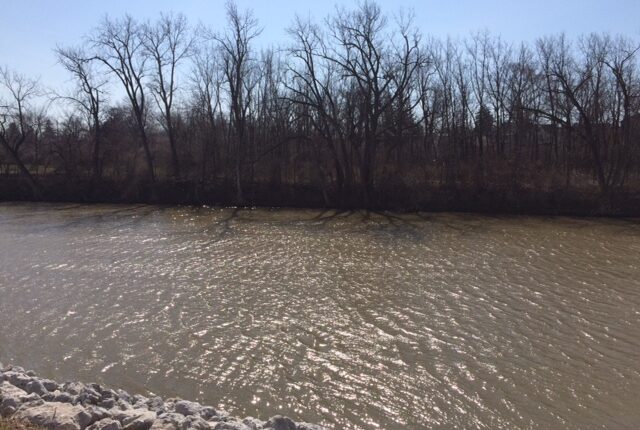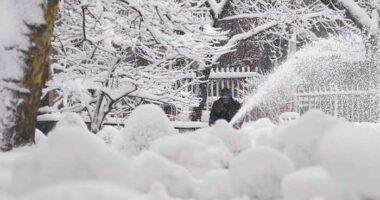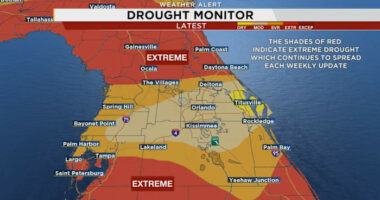Share this @internewscast.com

TOLEDO, Ohio (WANE) — The Campbell Soup Supply Co. has acknowledged breaching the Clean Water Act, according to court records submitted by various environmental agencies.
Environment Ohio, Lake Erie Waterkeeper, and the U.S. Environmental Protection Agency filed a joint lawsuit against Campbell Soup Supply Co.
On Monday, the company confessed to transgressing the Clean Water Act over 5,400 times from April 2018 to December 2024 at its Napoleon, Ohio canning plant.
“Campbell’s admission of these violations will expedite the trial determining the actions required to reduce its pollution and the extent of a civil penalty. This is encouraging news for residents along the Maumee River and Lake Erie who are eager for swift action to cut down on sources of toxic algae in their region,” stated John Rumpler, Clean Water Program Director for Environment Ohio. “We appreciate Campbell’s readiness to work collaboratively with us and the federal government to resolve its compliance issues, instead of contesting clear violations of the Clean Water Act.”
The lawsuit, initiated in March of 2024, accuses the company of discharging wastewater with phosphorus, ammonia, E. coli bacteria, oil and grease, suspended solids, and other pollutants into the Maumee River, which feeds into Lake Erie.
Environment Ohio’s primary concern is the phosphorus in the wastewater, which fuels harmful algal blooms that pose risks to recreational lake users and introduce cyanobacteria into drinking water.
“Pollution entering western Lake Erie from the Maumee River, including Campbell’s phosphorus discharges, exacerbates toxic algal blooms in the lake,” explained Sandy Bihn, Lake Erie Waterkeeper since 2004. “Eliminating Campbell’s infractions will enhance water quality in the river and Lake Erie and underscores the effectiveness of citizen enforcement suits in achieving substantial environmental advancements.”
A joint stipulation to the liability requires Campbell, a subsidiary of Campbell Soup Co., to agree not to assert any defense to liability for the violation, and admit that citizen groups were harmed, allowing them the legal right to sue for enforcement of the Clean Water Act alongside the government.
The next step in the violation is determining a penalty that requires the reduction of waste emissions, and what should be paid to penalize the company for its years of waste dumping.
Environment Ohio, Lake Erie Waterkeeper, and the U.S. Environmental Protection Agency anticipate going to trial next year to determine the appropriate penalty for Campbell’s years of now-admitted violations.











